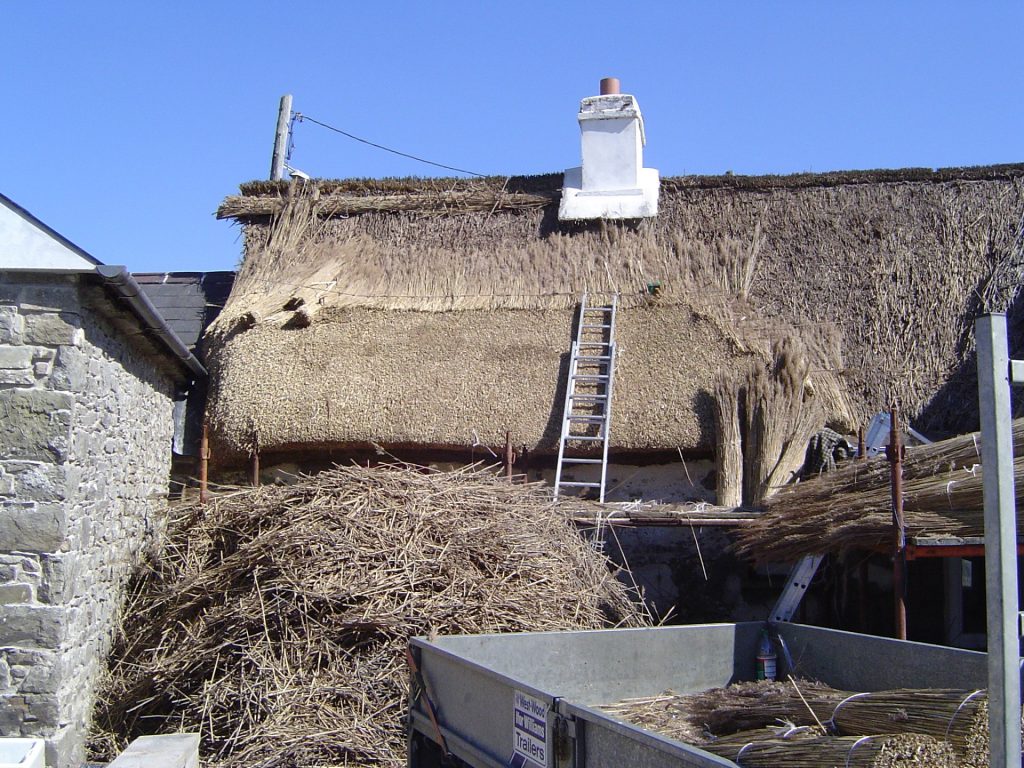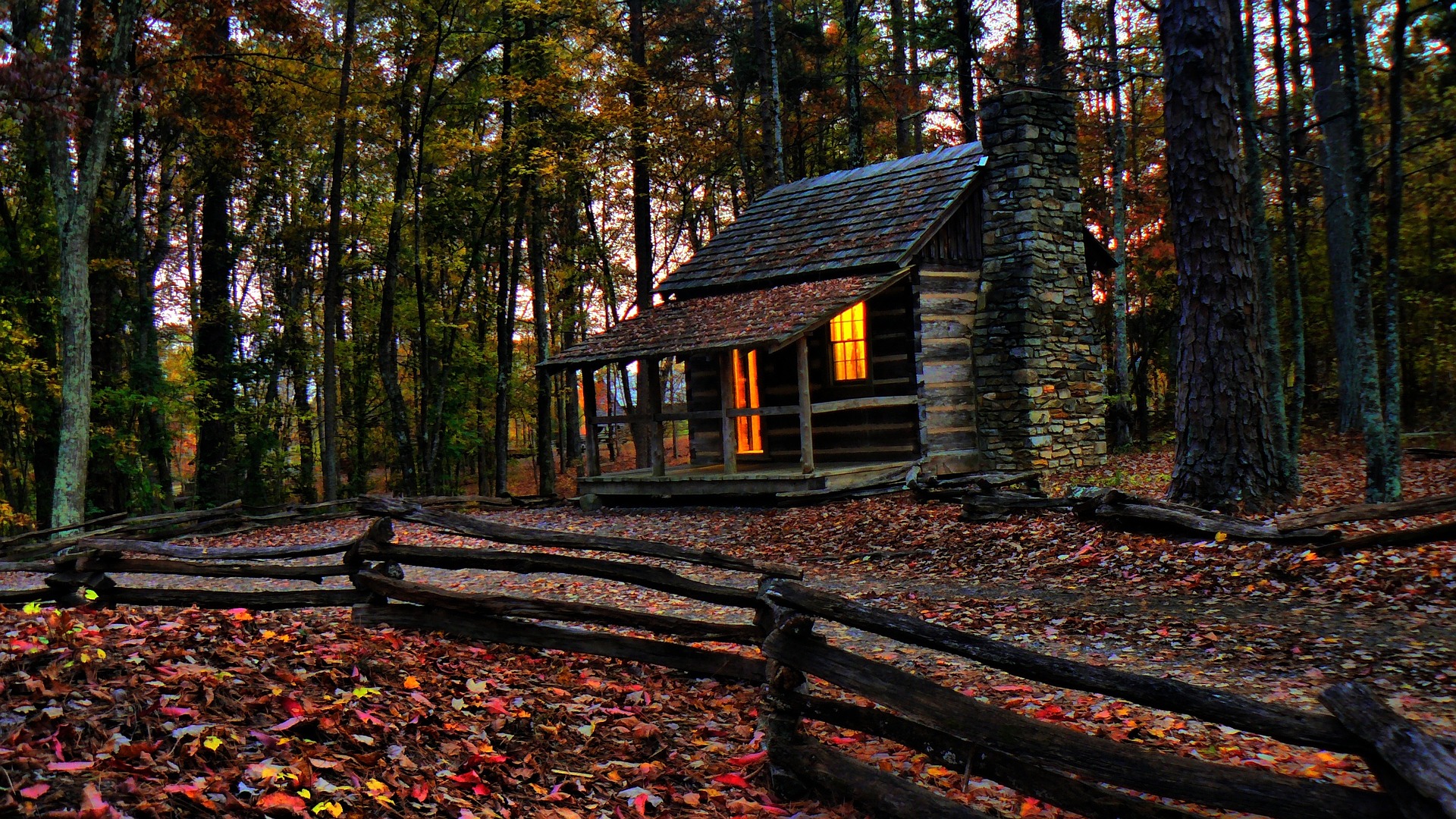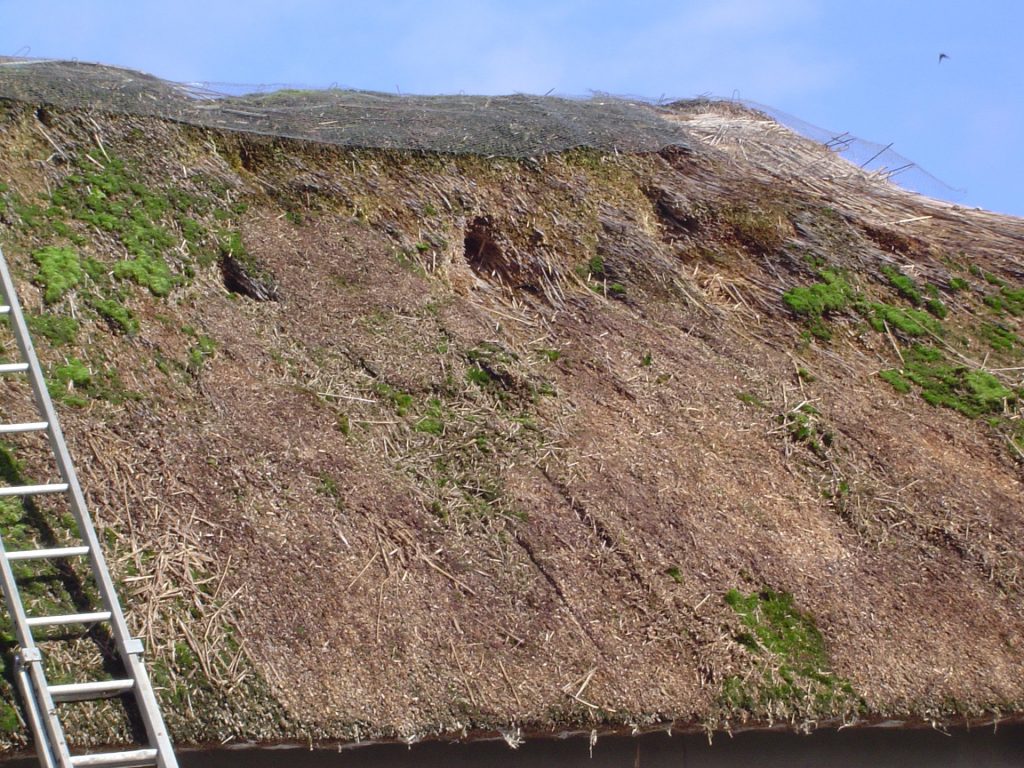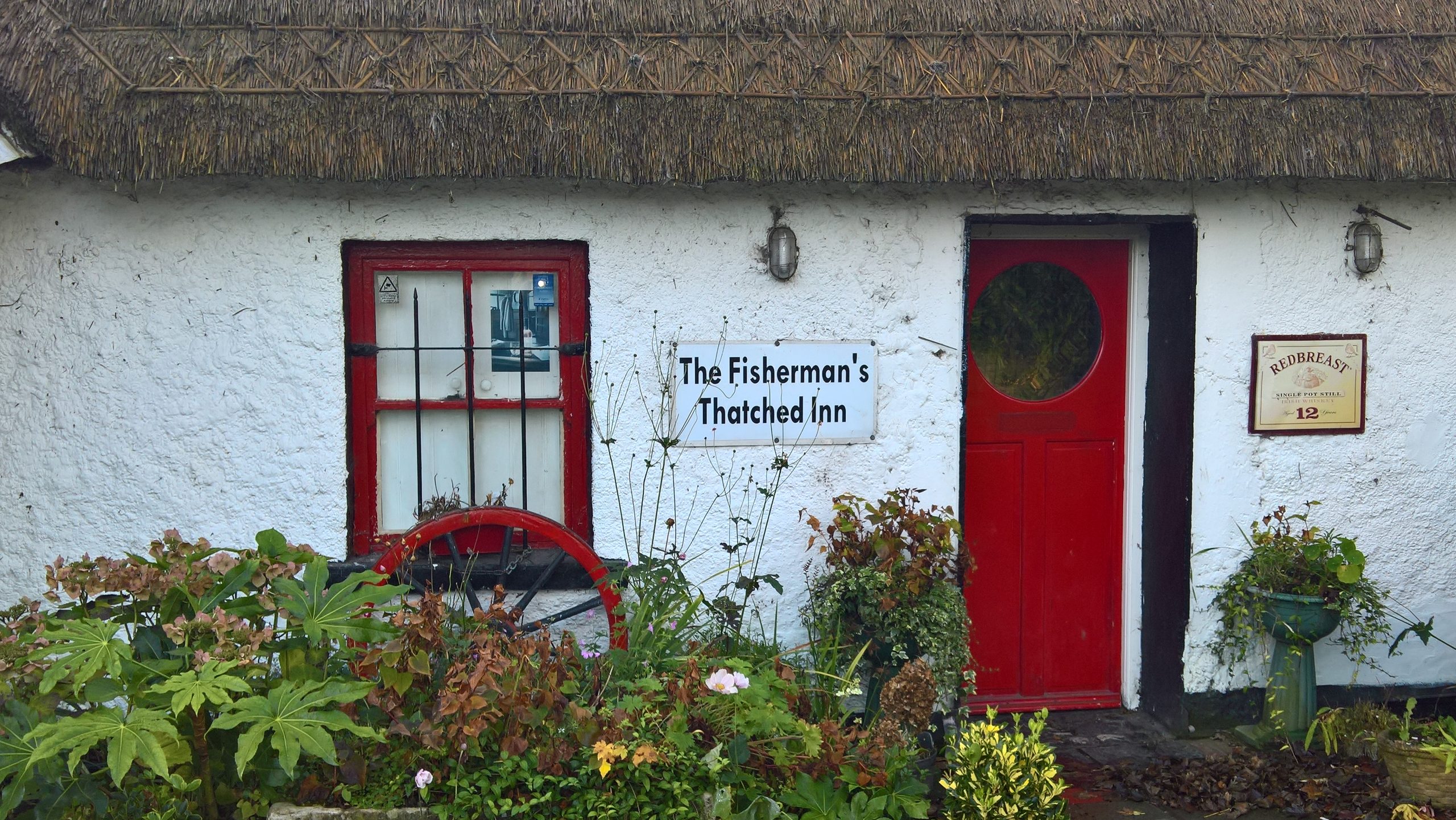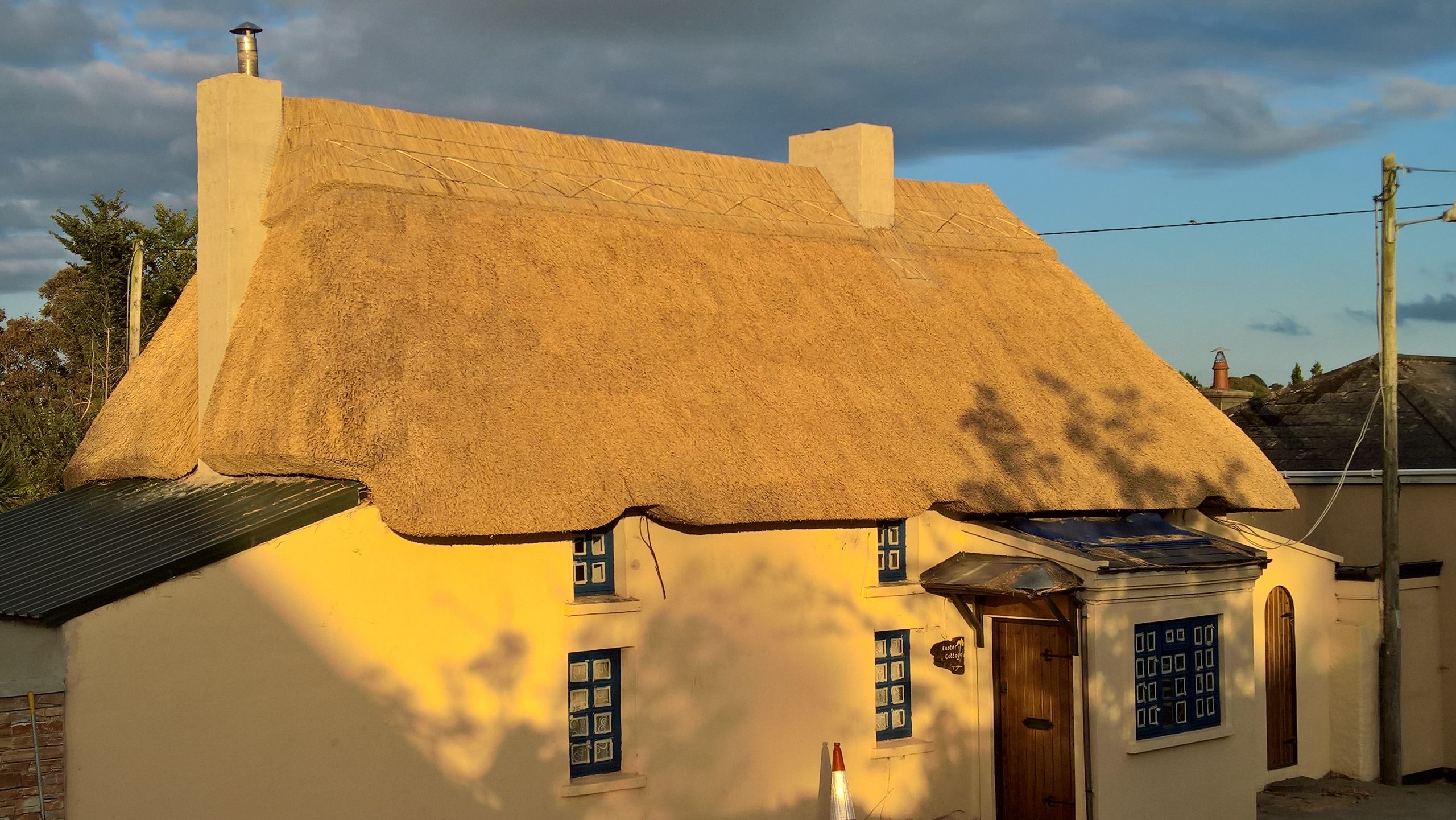Not Enough Roof Thatchers
Just like Darth Vader caused problems, this enduring dearth of roof thatchers working in Ireland is causing a rash of headaches within the thatched cottage owning community of Ireland. It must be said though, that this shortage is not an Ireland-only issue. Nets have been cast from Denmark and from the Netherlands and beyond in the anticipation of catching a few good thatchers to assist in the revival of roof thatching.
For the moment, I’ll stick to the shortage in Ireland.
What are the reasons? Here are a few.....
Where do we start. I remember back, prior to the last recession, when the Irish economy was on fire. The construction industry seemed like a powerhouse. The growth was never going to stop, according to the powers that be. Only a few voices, one being the economist Morgan Kelly, warned of the fast approaching catastrophe in the housing market. Nobody wanted to listen. This faux-boom hoovered up all of the labour force, and more. It sucked in workers from all over Europe, in turn starving their home countries of their brightest and their best. The tentacles from Ireland’s pot of gold spread further afield as well. The wages paid were high. So only a fool, and a wealthy one at that, would start off as a low-paid trainee roof thatcher during this period. The economy roared, and very few new roof thatchers appeared on the scene.
Then there was the recession
It would take a very brave person to take on a trainee during that recession. Money was scarce, and so was work. Young and old fled the country faster than you could imagine. The speed of the exodus could be compared to passengers reacting to one of their own, suddenly sneezing on a packed Dublin Bus during this Covid masquerade. During the boom people had purchased equipment, vehicles, homes and more with the expectation that work would always be there and a steady income would maintain the expenses. We all know what happend at the end of this story. The repercussions are still being felt by many to this day. The small roof thatching industry in Ireland wasn’t safe from the tsunami of debt, bad debts, and more debt. So taking on a trainee would have been a mad idea at the time. Roof thatchers in Ireland, in general, are solitary beasts. They do occasionally come together to help out on big jobs but are just as happy to work alone, or in pairs, so taking on a trainee, with its corresponding financial responsibility, was a non-runner at this point in time.
The cost of insurance
As a solo roof thatcher the cost of insurance is nearly bearable. There are risks involved and if you don’t stick to the rules on a project then you might find your potential insurance claim being rejected for not having the right ladder, or certificate, or safety fencing, etc. If it can be a minefield when solo thatching, just imagine the cluster-f##k of a situation when you have an unskilled greenhorn on site, working at height, off ladders, and scaffold, with machinery and sharp tools. I shudder. So taking on a trainee is not for the weak of heart for sure. Thatching is a non-standard occupation. Getting an insurance quote can be a ‘Good Luck with That’ type of scenario. As bad as it is for the roof thatcher it is much worse for the owner of a thatched building.
The weather
Having employees, including your enthusiastic trainee, means you have to be able to reward them, financially, for their labour. When the sun is shining, or it is, at the very least, a long dry spell, a project can progress nicely and you can strive to finish it on time, and on budget. All sounds great. But if the clouds suddenly break, and everyone runs for cover when the rain pelts down, the pressure on the business owner then mounts. There are some roofs that can be worked on in the rain. But there are many that can’t. If the crew is not working, as employees, they still have to be paid. A day or so here won’t break the bank but it can rain for long periods in Ireland, as we all know, so keeping workers paid while a project is on hold can be a hopeless task. If a self-employed roof thatcher were working solo, or teamed up with another self-employed thatcher, the preference would be to head back to the comfort of your own abode and sit out the bad weather. No wages to pay, but still costs do accrue, though not as bad as paying out wages to one or more employees. Once again, it would take a brave thatcher, or maybe a wealthy one, to take on a trainee.
Health and safety
This is a tricky area. Safety must always be paramount for any worker, especially in the construction industry where there can be many different trades working on a site, at height, and down below. Hard hats, harnesses, high vis clothing, safety training, and lack of experience all contribute to whether a workplace is safe, or not. Complying with some of the rules can be difficult when working on a thatched roof. When it comes to safety harnesses there is rarely a place to connect it to. Plus you may be moving about, constantly at times, and often enough barely moving at all. When there is an inexperienced trainee on site an extra worry is added into the mix. Having a trainee on site is a grave responsibility. I suspect, for most working thatchers in Ireland, that this is one responsibility too many on any given day.
Training
There have been several attempts to rectify the enduring shortage of roof thatchers in Ireland over the past four decades. The last attempt was by the now defunct FAS. At the time they ran a Fas Apprenticeship at Portumna Thatching College, Galway, in 2006. (FETAC Accredited). There might be 2 roof thatchers working today that attended the 2006 course. One is Philip Doran, and the other used to work for, and may still do, Peter Childs. Prior to that course there was another in the early 1990’s. It was also ran by FAS using a thatcher from England to teach the craft. A student of that course, Matt Whelan, is based in Wexford. You can find Matt by visiting IrishSchoolofThatching.ie
Cost of doing business
Costs, especially at present, are a major issue for roof thatchers, as they are with all businesses. Everything is heading North. Going up, and up, and up. Predicting when it will all stop, or reverse, or just level off is one of the black arts. All self employed roof thatchers do price work. You do a quotation for the work and agree a price with the owner prior to commencement. A delay of a month or two can happen. Delays can be caused by builders, finances, supply issues and the weather. Once upon a time that might not have had too much of an effect on the costs. Now, within the constraints of the pandemic restrictions, costs can jump. It is not an easy street to walk along. Affording a trainee, under these conditions, could be a burden too far.
Steady as she goes
Most roof thatchers that I have met are roof thatchers because the roof thatching lifestyle is one that suits them, and they quite like doing it. The thatching lifestyle can be a rather flexible existence. Being self-employed has its advantages as well as its disadvantages. Choices can be had like choosing to take a day off work now and again. And to make sure it is one of the sunny days too, because, usually, a roof thatcher only gets the wet days off. Plenty of downtime suits certain people and occasionally, with roof thatching, you can pick and choose when you want to take on a job, and then how long a gap to leave between the end of that job and the start of the next (unless you are under financial pressure – so that is nearly everyone….). Thatching can be a nomadic lifestyle if you are prepared to travel afar. Thatched buildings are found all over Ireland so there is an opportunity to spread your skills. Taking into account all that has been said so far, having a trainee roof thatcher in tow presents many hurdles you may have to jump. From finding suitable accommodation, to coping with the responsibility of the trainees welfare, which is a story for another day, to keeping on top of the back-end of the business including your accounts, and the tax man. Making enough money to pay for all of the costs is a fairly important factor as well. A roof thatcher being willing to jump so many hurdles is another thing.
Finding the right trainee
From one day to two weeks. That is how long most trainees have lasted, in my experience. The attrition rate is comparable to the fishing industry where wannabe deckhands get a false impression of leisurely days upon a calm sea while drinking tea and watching the seagulls glide across a beaming sun. Bliss. Unfortunately for the Skipper, more often than not, these delusional deckhands spend their time at sea curled up in a corner, them absolutely stricken with sea sickness. Later they are seen leaping onto the pier as soon as the vessel is close enough to make that leap, never to be seen again. Thatching, also, is often seen in an idyllic light. Maybe John Hinde and his postcards are to blame. His iconic images of capped elderly men up ladders clasping handfulls of oaten straw. The straw gleaming like gold under a sky as blue as Sinatra’s eyes. What is not seen is the dirt, and the dust, the rain, the perseverance. Thatching can be like painting a picture. It ranges from slow and tedious to hectic. Sometimes it isn’t taxing but on other occasions plenty of muscle and grunt are required.
No easy answers
Phones have taken over the hands of modern youth. Their dexterous fingers may now lack the will. Youth may lack the will. Maybe they would prefer to get a degree then work exclusively with their mind. Who could blame them. I am sure there are eager people out there ready and willing to have a go at roof thatching, and endure the weather. The sore knees. The aches and pains. And then bask in the glory, standing back viewing the latest beautiful roof. I do not doubt this at all. How to snare them, nurture them, keep them interested, and paid, all while keeping a steady flow of new work coming in, these are just a few of the enduring issues.
Overcoming the multitude of hurdles to reach the beginning of an education in thatched roofing? Probably the easy part. Sticking at it will be the greatest challenge for the trainee roof thatcher in our modern society.
What can be done? Not a lot, I suspect.
Perseverance and an indomitable spirit, passion and patience. These will be essential assets for any person starting out on their thatching journey.
